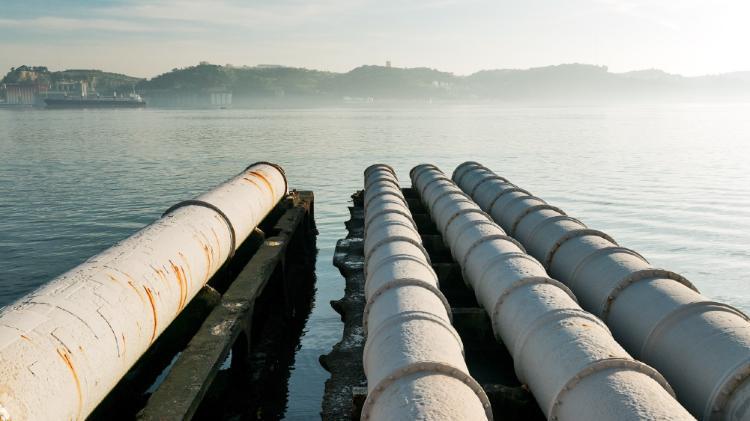December 12, 2022
APQRC teams up with Shoalhaven Water to evaluate battery energy storage systems
Shoalhaven Water and the Australian Power Quality and Reliability Centre () at the University of Wollongong are teaming up to design, install and commission battery backup systems to improve electricity resilience for sewer pumping stations. The Sewer Pumpstation Battery Energy Storage System project, organised through the SafeREnergy Hub, an Australian Research Council (ARC) funded project, involves installing and evaluating up to ten battery energy storage systems at Sewer Pumpstations in the Shoalhaven Heads sewer catchment. APQRC Director Duane Robinson (Associate Professor), Research Coordinator Sean Elphick, and Research Fellow Edward Smith are among the team collaborating on this project.
The existing method to ensure sewage pumping station resilience to electricity outages within the industry is to have on-call staff member(s) standby ready to connect a diesel generator at any site where an outage is experienced. This project aims increase energy resilience substantially by providing local battery storage of up to 4 hours which covers approximately 95% of typical electricity outages without needing to visit the site.
The two-year project builds on a prior undergraduate thesis project investigating the benefits of electrical battery storage systems as a first line of resilience against short duration power outages. The primary objectives are to deliver up to 4 hours of energy resilience solutions to sewerage pumpstations during electricity network disruption events.
APQRC Research Fellow, Edward Smith commented that “The recent & ongoing flooding in NSW has highlighted the importance of resilient infrastructure. Failure of sewage pumping stations can lead to discharge of untreated sewage to the environment, with serious impacts for local communities. This project will be a showcase for how the innovative use of battery technology can improve the resilience of critical distributed infrastructure.”
The project will also provide opportunities for two undergraduate students to undertake summer research projects co-supervised by Shoalhaven Water and the APQRC. In doing so, the project endeavours to secure engineers for Shoalhaven’s future workforce.
Other project benefits include energy resilience for Shoalhaven Water Assets, increased industry-academic collaboration with UOW and other partners, creating a test bed for future battery technologies and gaining exposure to undergraduate students.
Projects such as these contribute to the APQRC’s outcomes of supporting research and education in power quality, reliability and renewable energy systems. We are thrilled to be working with Shoalhaven Water and look forward to collaborating with them on this project.
